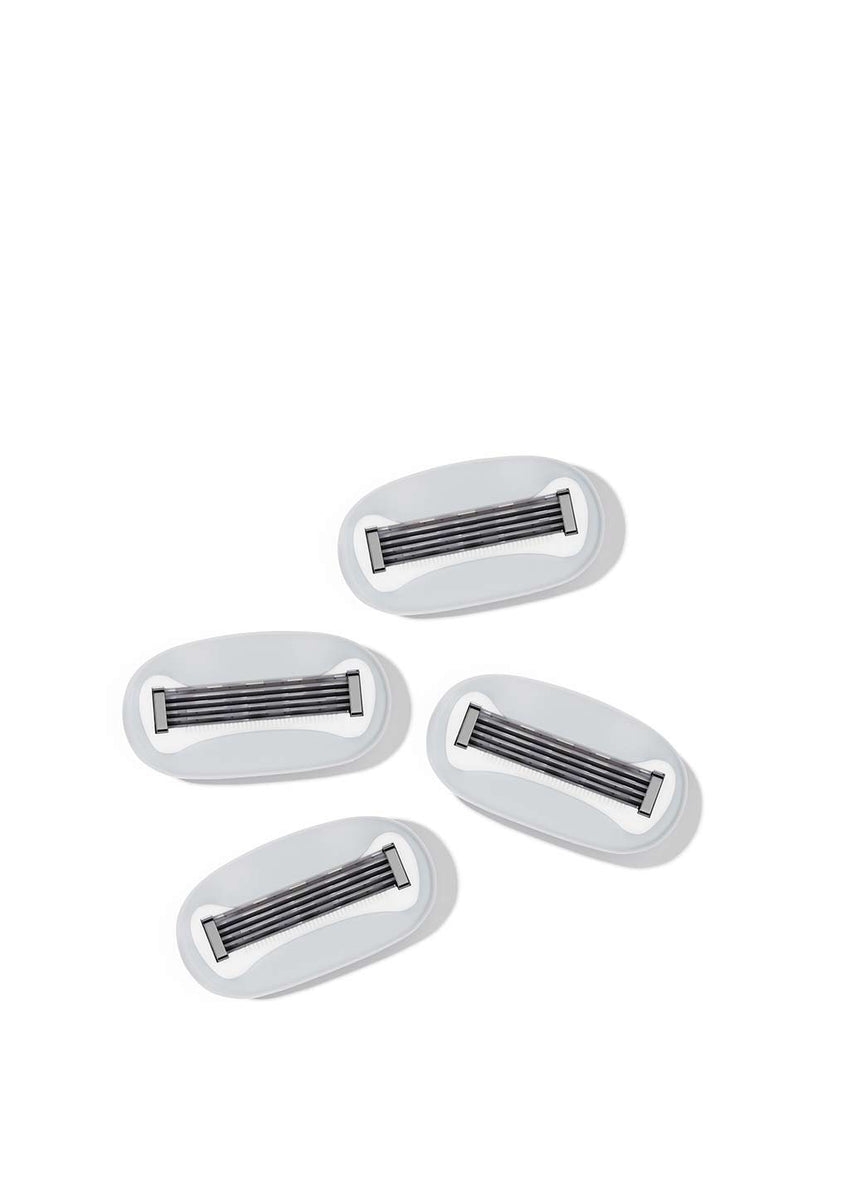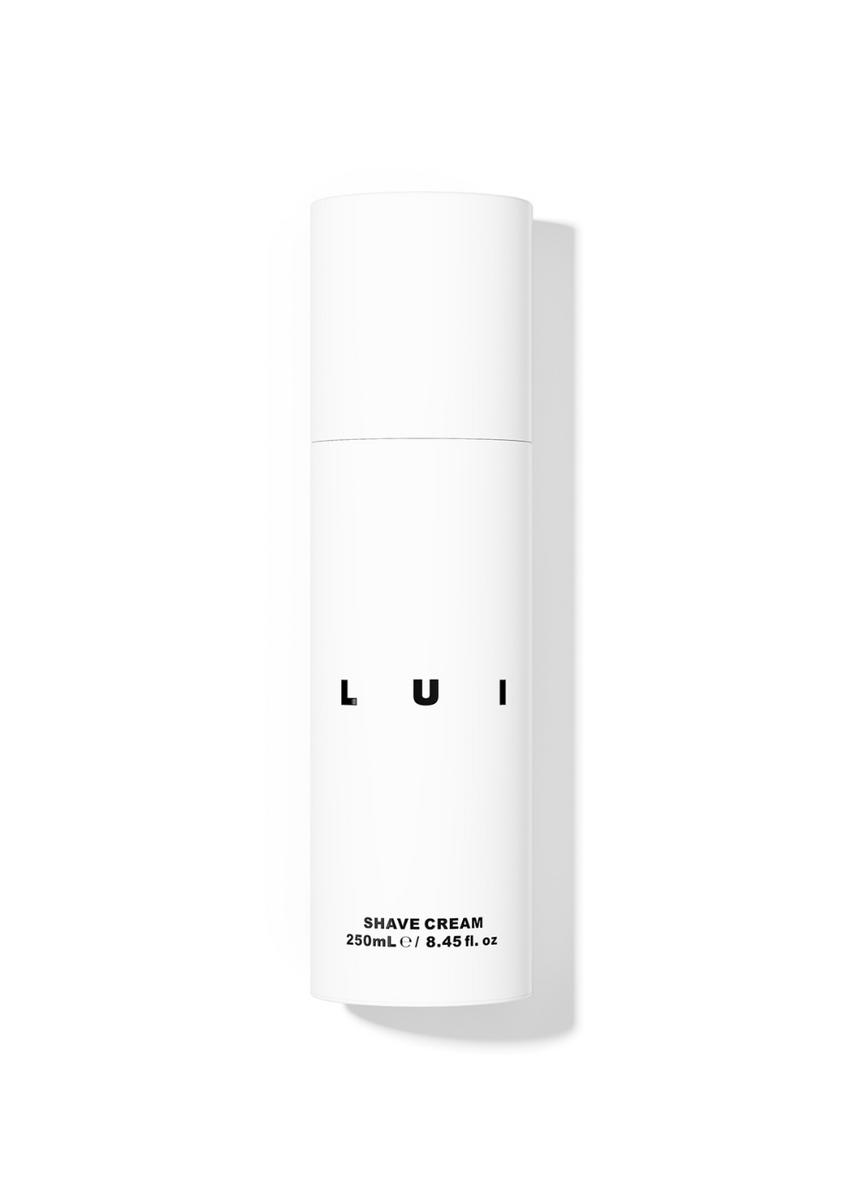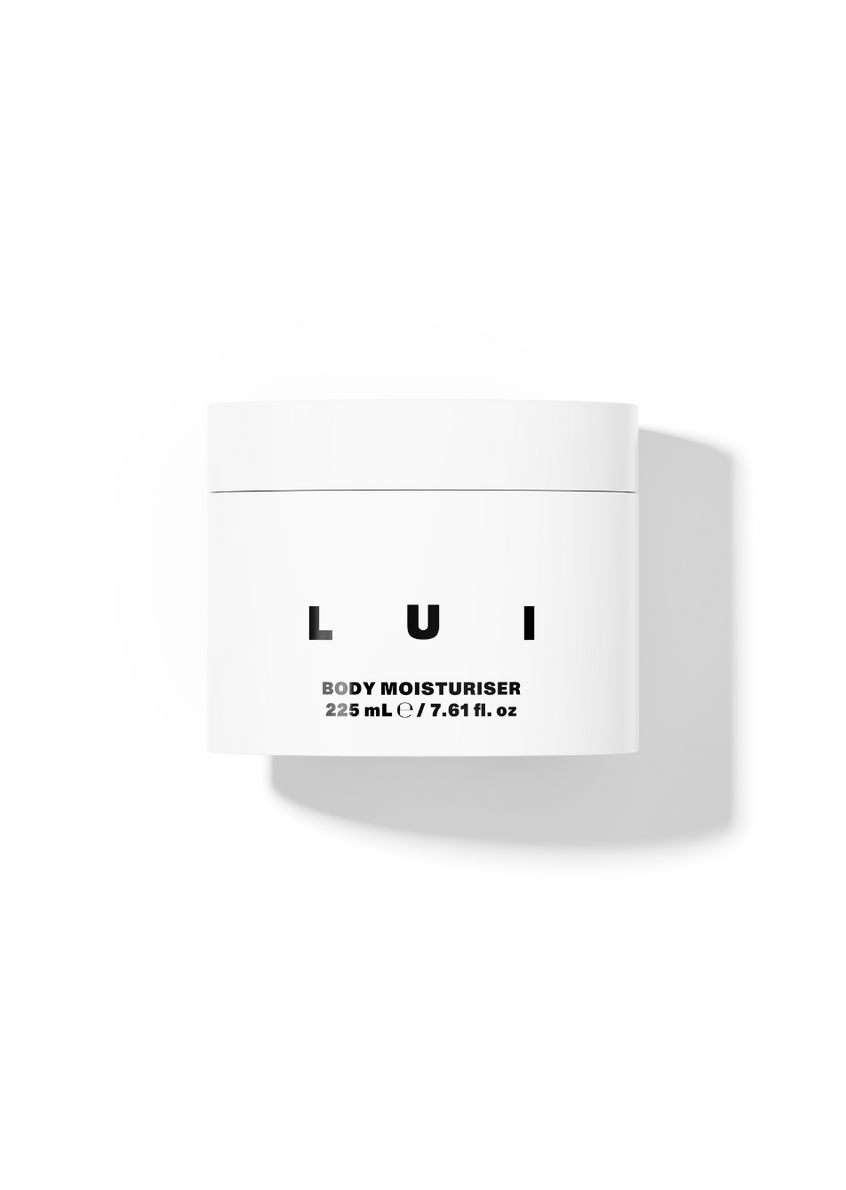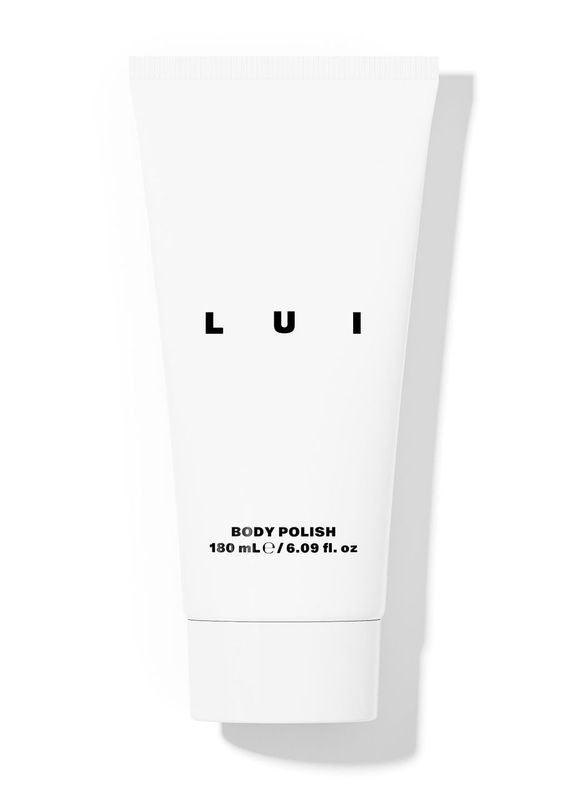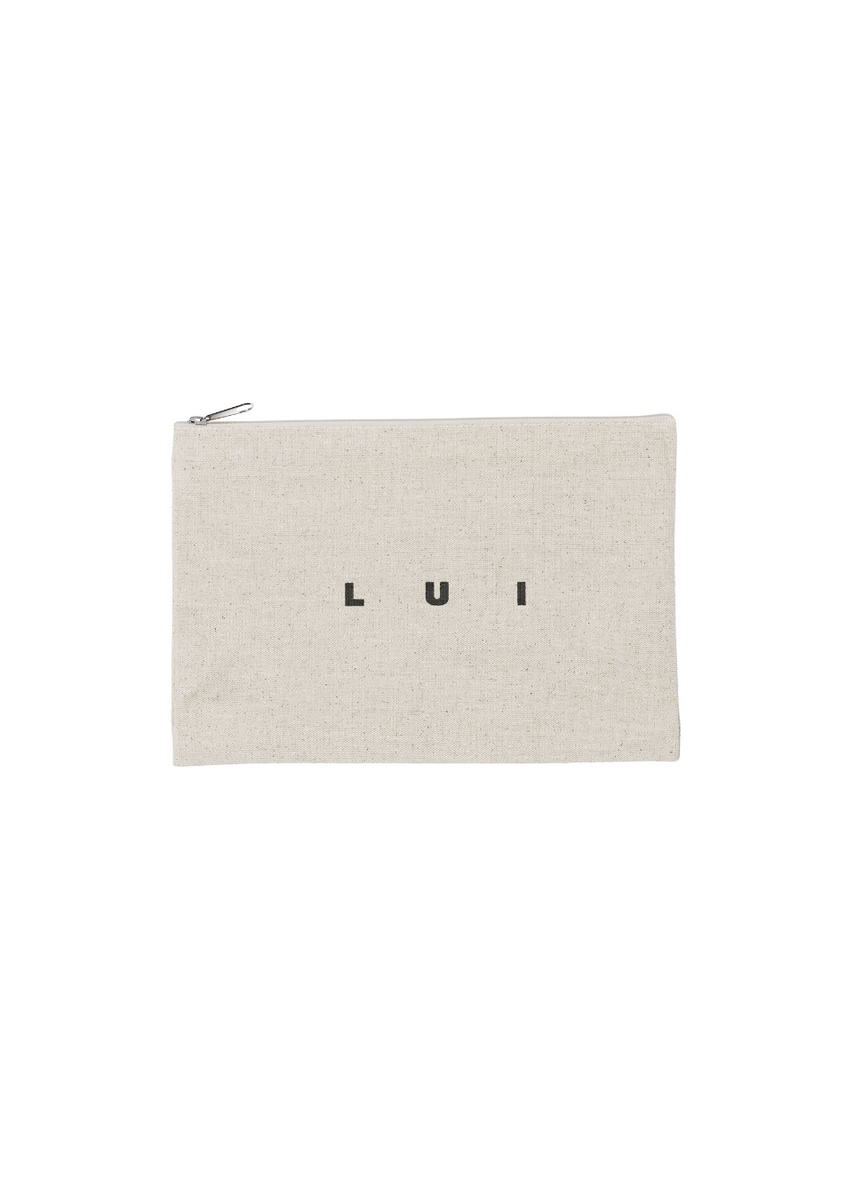What's The Difference Between Sensitive & Sensitised Skin?
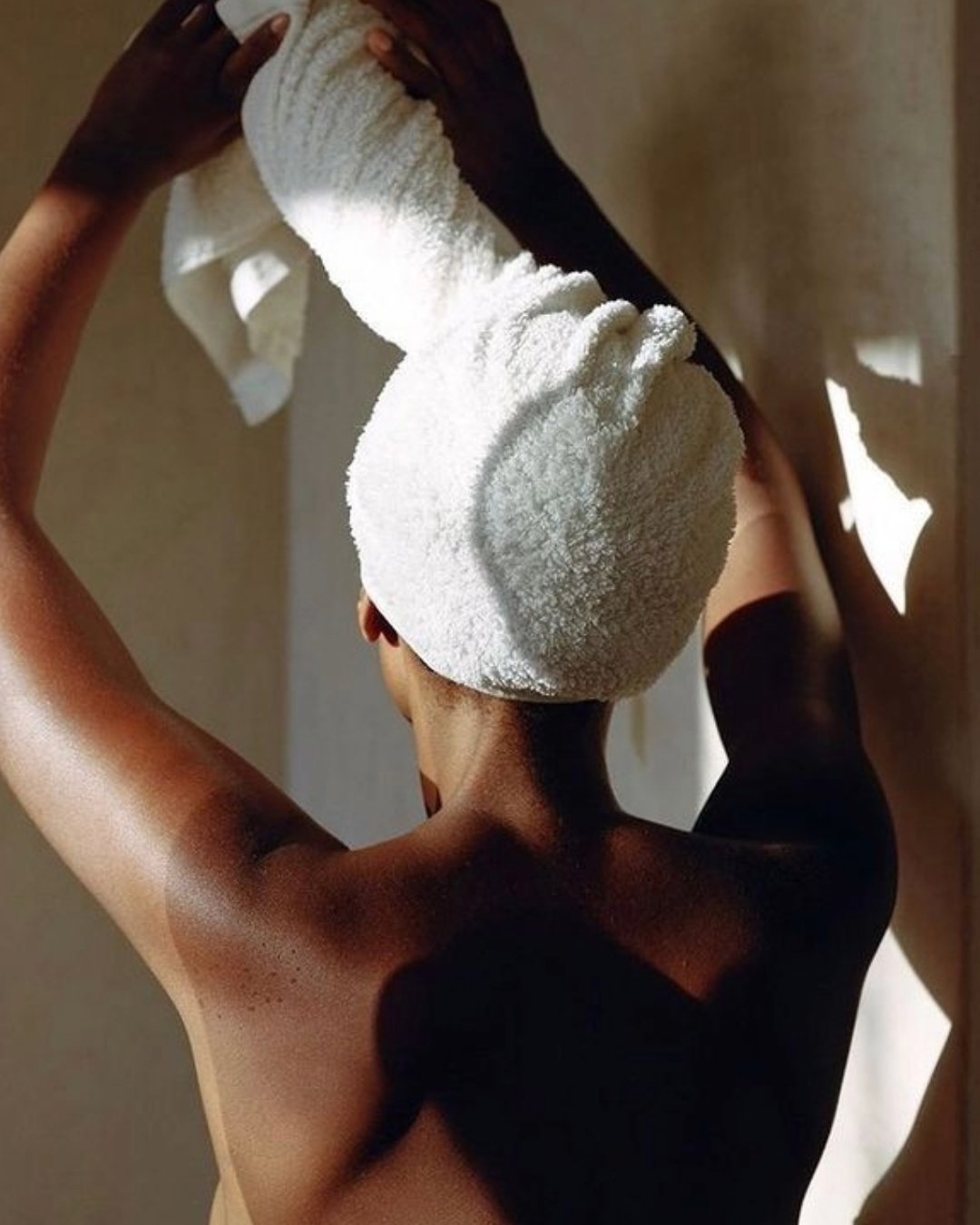
Although the two terms are often used interchangeably, sensitive and sensitised skin are two different things. It's even more confusing that they often present in a similar way: think irritation, aggravation, inflammation, dryness and dehydration. Below, discover the nuances between these commonly confused terms and tips on how to identify and manage each.
WHAT IS SENSITIVE SKIN?
Sensitive skin is a genetic condition, so it can run in families. This skin type is more susceptible to experiencing reactions and has a low tolerance to stimuli that wouldn't bother other skin types. While sensitive skin can be triggered by certain products, ingredients or conditions (such as cold/hot temperatures or wind), these factors are not the root cause; sensitive skin is something you're born with and often sticks around for life.
WHO IS PRONE TO SENSITIVE SKIN?
Sensitive skin generally tends to affect women more than men (perhaps because men tend to have a more robust skin density). Those with fair skin tones and fair hair are more inclined to have sensitive skin. A history of ECZEMA or allergies can also increase the chances of sensitive skin.
WHAT ARE THE SIGNS OF SENSITIVE SKIN?
Sensitive skin is hyper-reactive so can flush and turn red easily. It might itch, sting, burn, tingle and feel a little uncomfortable. If you have sensitive skin you might break out in a rash or hives when you come into contact with certain chemicals or even natural elements like grass or certain weather conditions.
HOW DO I TREAT SENSITIVE SKIN
It's important to use gentle products on your face and body that have been formulated without harsh ingredients. We'd recommend steering clear of sulfates, dyes and alcohols as these can strip the skin of natural oils and aggravate the skin. Instead, look for PLANT-BASED INGREDIENTS and hypoallergenic formulations. Focus your skin and body care routine around nourishment and HYDRATION, always following with SPF to stay protected from the sun and ensuring adequate hydration to nurture the skin from the inside out. Try to shower or bathe using warm water only, as hot water can further irritate sensitive skin. Of course, your best bet is consulting with a GP or dermatologist for personalised advice.


WHAT IS SENSITISED SKIN?
Sensitised skin is not a skin type, but rather a skin condition. Unlike sensitive skin, which is with you for life, sensitised skin can come and go. It occurs when the SKIN'S BARRIER FUNCTION becomes impaired. The skin's barrier is a protective layer on the surface of the skin that keeps hydration in and bacteria/external aggressors out. The overuse of active ingredients and exfoliators, foaming cleansers, excessive sun exposure and lifestyle factors (like smoking and drinking) can all damage the skin's barrier and rob it of natural lipids/oils that keep it moisturised and balanced.
WHAT DOES SENSITISED SKIN FEEL AND LOOK LIKE?
Sensitised skin might be red, inflamed and/or dry, and it may tingle, burn, itch and be tight after it comes into contact with the trigger.
WHAT SHOULD I DO IF MY SKIN BECOMES SENSITISED?
We'd suggest completely paring back your skin and BODY CARE ROUTINE for at least a week or ideally throughout an entire renewal cycle of cellular turnover (roughly 28 days). Go back to basics with a non-foaming cleanser, a gentle moisturiser and SPF. You could also use as simple oil like jojoba, rosehip or squalane, but it's best to refrain from active ingredients while your barrier heals. You can still EXFOLIATE, and in fact this can help to regenerate the skin, but once a week should suffice. It's also a good idea to focus on your PH-FRIENDLY products in your routine to ensure your microbiome stays happy and healthy. If your symptoms persist or exacerbate, it's always a good idea to see a dermatologist.
